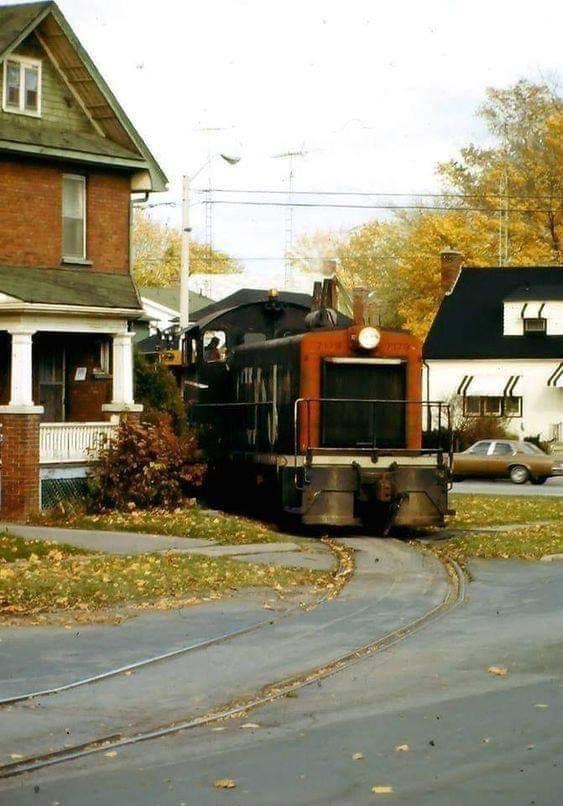Peter enjoys a brief break from his gatekeeper duties. But long lines of souls pile up at the gates.
I enjoyed an exercise of “what if” speculation for this story. I hope you enjoy it as well.
Peter’s Heavenly Holiday
Bob Gillen
It’s a known fact that St. Peter guards the gates of Heaven. Well, perhaps guard isn’t the right word. More like monitors or oversees. No one is ever turned away.
What is little known is Peter has a crew that helps him admit souls to Heaven. On a normal day Peter can handle the admissions well enough. But normal days are relatively rare these days. The earth’s population has grown exponentially, and the world continually suffers with death-dealing events.
Peter’s crew are individual souls who are earning their way into full joy and eternal bliss. Despite common belief, there is no Purgatory or Hell. The afterlife is only Heaven. But within Heaven there are levels of bliss. Most souls need to atone for something to earn higher levels of joy.
Peter has been at the gates for two thousand years, in earthly time. Ever since shortly after Jesus told him he was the rock on which Jesus’s church would be set. While there’s no measurement for time in the spirit world, Peter would tell you he’s been on the job for a long time. He doesn’t remember who had the job before him. Not important, anyway.
So, here’s Peter, standing at the gates 24/7. For two thousand years. Even spirits get tired. Peter’s second in command, Calvin, is earning his way to full bliss in Heaven. Calvin approached Peter.
“We got advanced notice. There’s going to be a massive earthquake tomorrow on earth. Many thousands of souls will be lining up at the gates. All at once.”
Peter groaned. “It never stops, does it?”
“Billions of people down there. Earth’s population keeps growing.”
“I’m tired,” Peter said.
“Want a break? I can take over while it’s quiet.”
Peter nodded. “See you in a few.”
Peter smiled, moved off.
He wandered through sections of Heaven. First he passed the many souls enjoying full eternal bliss. Everyone entering Heaven got to see these souls first. Kind of a teaser. This is what you will enjoy when you have grown into it, earned a path to it.
Farther, deeper, into the folds of Heaven, he came upon the area reserved for those who have a long way to go before experiencing full joy. This was Heaven’s back forty. A dark aura pervaded. In earthly terms one would experience dark purple clouds, even an occasional flash of lightning. An area Peter took no joy in visiting. Hitler’s spirit resided here. So did the spirits of the clergy who had abused children. In one small corner were the spirits of several deceased American politicians, people who had boldly displayed willful ignorance in their years allegedly serving their constituents.
Peter moved on quickly. He found himself in a part of Heaven he wished he could spend all his time in. He enjoyed music. There wasn’t much one could call music when he was working on earth so many years ago. He had seen many musicians pass through the gates in his time as gatekeeper. He marveled at what they could do with instruments and voice. Here, too, were the spirits of children. School children. Children murdered by shooters in their own classrooms.
Peter smiled. Freddy Mercury, Janis Joplin, Loretta Lynn and Charlie Watts entertained this group of children. Actually, referring to them as children was a point of discussion. Was there any age distinction in Heaven? Were all spirits the same level of spirit regardless of their ages on earth?
Peter has had this discussion with Calvin many times. With no definitive answer. Peter believed all souls would be equal when the last of times occurred.
The four musicians Peter knew well. They were in various stages of their own personal transitions into full joy. They provided joy for the children’s spirits until their parents and friends passed and joined them in Heaven. Peter lingered for a time, watching the musician spirits bring joy to the younger souls.
Peter had recently yearned to go back to earth for a visit, to attend a Springsteen concert. “Hungry Heart” was a favorite. But Peter had no time for that kind of activity.
He crossed to the section where well-known authors tended to gather. Hemingway, Sontag, Steinbeck, Seuss, Bradbury, Silverstein. Here, too, the creative process amazed him. Making scenes come to life with words. Many children’s souls lingered here, as the authors told stories of adventure and drama.
“Peter!”
The voice of Calvin.
“It’s time. Incoming.”
Peter sighed. Back to the gates.
There would be a day, he knew not when, when life on earth came to an end. Then no more souls would cross through the gates. His duties would be done. For the moment, however, souls kept coming.
Peter glanced at the children. Sighed. “I’ll be right back, Calvin.”
***







Recent Comments